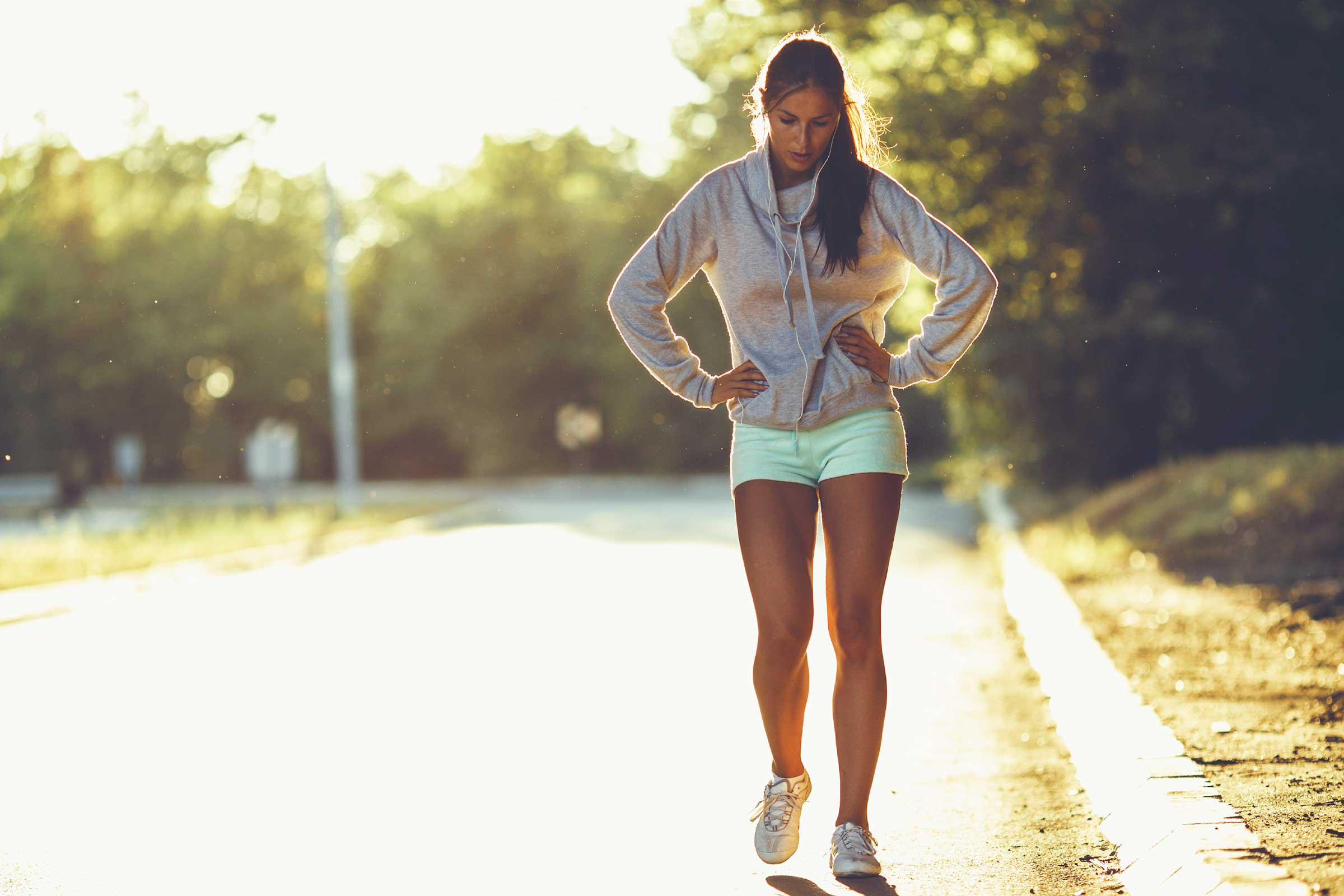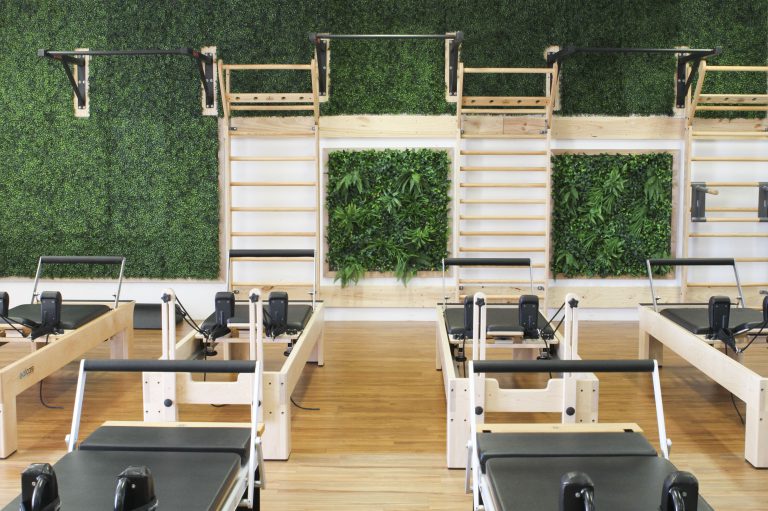A good night’s sleep is vital to us feeling more alert, energetic and ready to concentrate on the daily tasks ahead. Sleeping well every night is one of the keys to maintaining good health and well-being and reducing your risk of ill-health.
Sleeping is a vital function that gives the body time to physically recover and repair, support body metabolism and cardiac function, as well as improving memory, supporting learning and our mood.
A lack of sleep can lead to problems with concentration, thinking, reaction times, mood and memory making it harder to perform everyday tasks and increasing the possibility of mistakes or accidents. Regular lack of or poor-quality sleep is also associated with long-term health conditions such as:
- Obesity
- Type 2 diabetes
- Cardiovascular disease
- Poor mental health
With sleep being such a vital part of our healing and general health, here are Ellenbrook Physiotherapy’s top tips for getting a good kip.
1. Routine:
Try to go to bed and wake up at the same time each day. This will help to train the body’s internal clock and hormones that control sleepiness and wakefulness. This clock works best if -there is a regular sleep routine.
2. Naps:
Try to avoid napping through the day if you can. A short nap of 20-30 minutes can help improve mood and performance but doesn’t make up for insufficient sleep overnight.

3. Avoid stimulants:
It’s best to avoid stimulants such as caffeine or nicotine in the 4-6 hours before bed as they can disrupt your body’s ability to fall asleep. Alcohol is also best avoided as, although it may help you fall asleep, it can disturb the sleep patterns in the latter part of the night as the body processes the alcohol.
4. Get your fix of daylight:
Exposing yourself to natural light helps train the body’s natural circadian rhythm and for it to start preparing for bed once the sun has gone down.
5. Exercise:
As little as 10 minutes of cardiovascular exercise per day can have a positive impact on your sleep patterns. The effects of strenuous exercise varies from person to person but for the majority of people this should be avoided in the 4 hours before going to bed. Morning walks are a great way to start the day, get some natural light and prepare the body for the day ahead!

Andy Leggett
Physiotherapist


